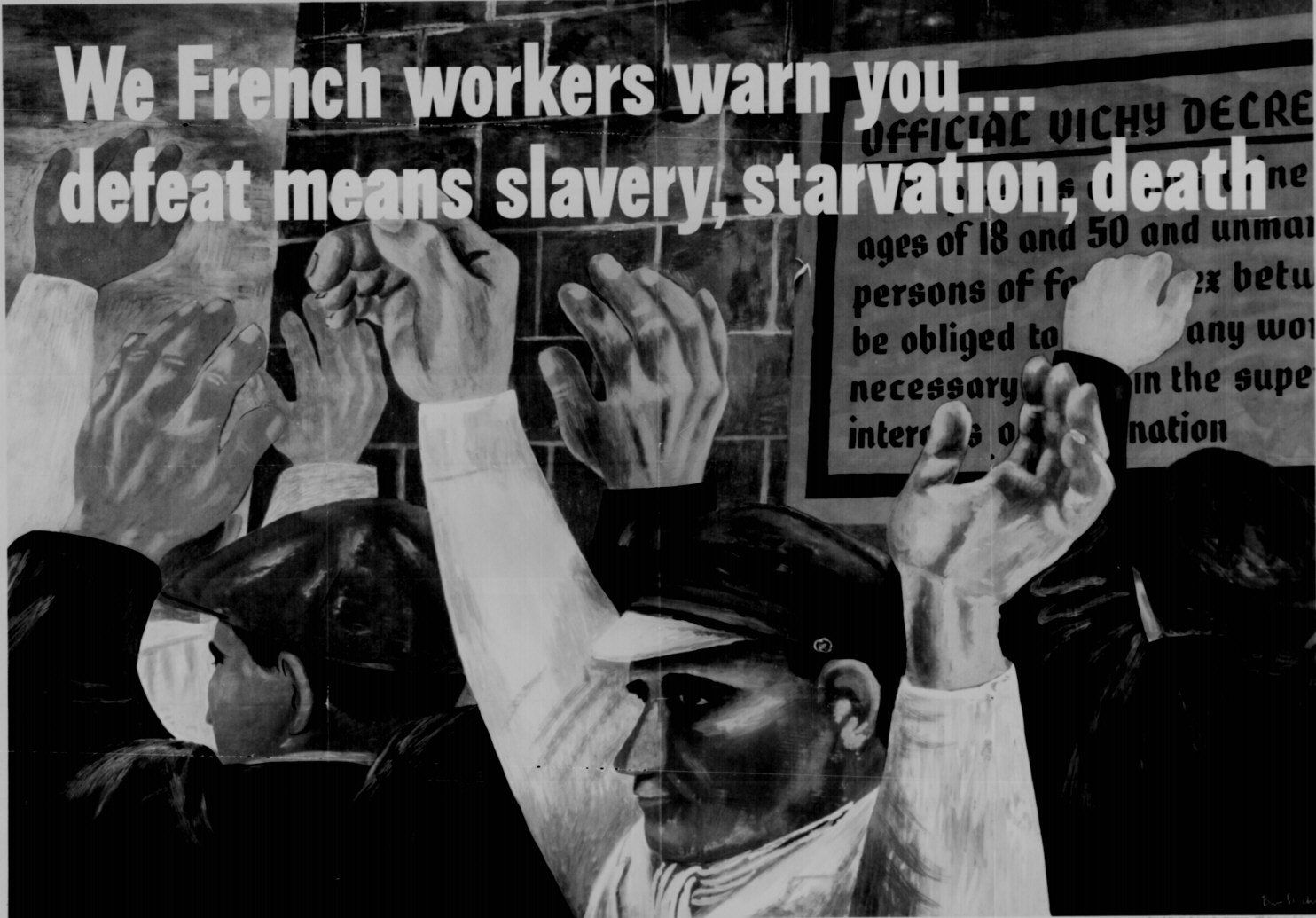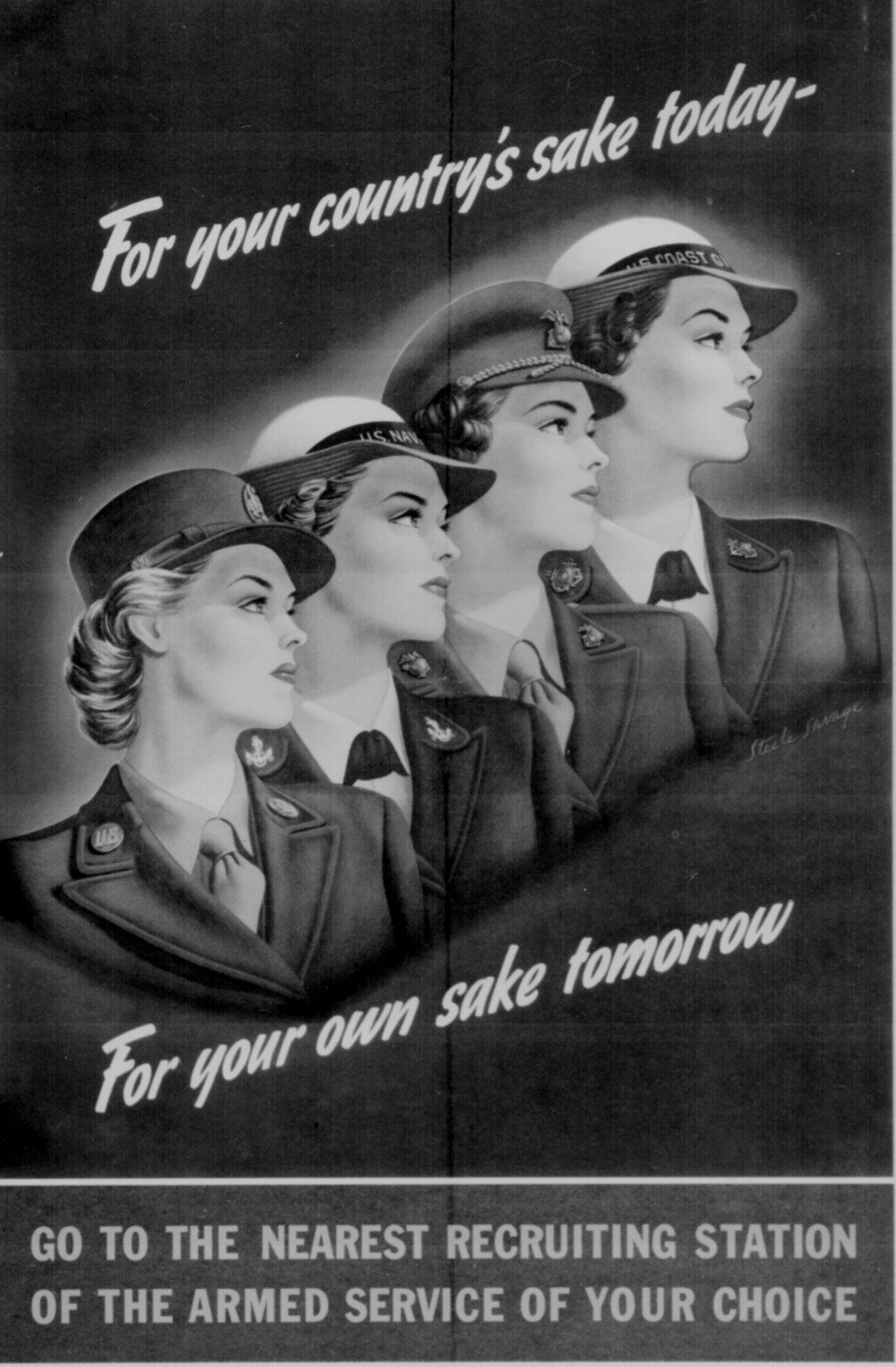1942
Seven insights about what we can learn from those uncertain times
Part of my daily reading is a series of reflections and meditations written for distribution to American service personnel during World War II. It was first published in 1942 with the goal of encouraging and inspiring those bearing the heaviest burdens of saving the world from fascism. From the convenient vantage point of the 21st century, it is easy to think of the Allied victory in that great conflict as a foregone conclusion. The evidence provided by these short reflections cuts the other way, however. The writers — there are dozens of different writers, a new one for each day, are writing with urgency, uncertainty, and fear for the impending struggle and for the lives of those who will engage that struggle.
After the Japanese attack on Pearl Harbor, 12/7/41, the US entered the war effort, largely unprepared in terms of training, supplies, industrial capacity, and soldiers. The other Allied partners had been largely over-run by German and Japanese forces and were hoping-against-hope that the sleeping giants, the US and the Soviet Union, would wake and help turn the tide. The future looked very bleak until the dual forces of the enormous Russian Army and the brutal Russian winter of 1942-43 stopped the German advance (but not before nearly a million lives were lost in the deadliest weeks of the entire war).
Our contemporary lives might seem fragmented and uncertain and fearful, especially as the loudest and least reasonable voices in the room appear to carry the most weight. Our shared values and cultural priorities are challenged by a divisive and polemical public sphere. Practical wisdom and good judgment are in short supply and, more often than not, ignored. As I read headlines and consider the state of the world, the experience can be overwhelming.
And, so, I am reminded each morning of a time that was more uncertain and more fearful. In 1942, the stakes were very high and I take great comfort and instruction from the responses in my little meditation book (it is pocket-sized, meant to be a convenient resource, available any time the need presents itself).
What can we learn from these religious writers, offering their very best thoughts and insights to strengthen our response to the even more uncertain days of 1942? Each meditation respects the challenges ahead in confronting and overcoming global fascism. Each writer takes very seriously that the reader might not live to see the next day’s meditation. Acknowledging the heavy weight of this reality establishes a powerful tone. Additionally, there is frequent recognition of the hardships of war; actions and emotions requiring not just physical and technological preparedness but emotional and spiritual depth. Theologian Helmut Thielicke’s sentiment about establishing deep roots expresses the spirit of much of the writing: “to work without praying and without listening means only to grow and spread oneself upward, without striking roots and without an equivalent in the earth.” In this light, frequent themes of these meditations include:
- Living a guided life: Fear and uncertainty enable shallow and short-sighted choices. Living with purpose and acting according to an established value system will increase stability;
- Offer and willingly receive support: Challenging times require supportive relationships. A prayer of St. Francis offers good advice in this regard, “Grant that I may not so much seek to be consoled, as to console; to be understood, as to understand; to be loved, as to love; for it is in giving that we receive, it is in pardoning that we are pardoned. . ."
- Faith: Pain and uncertainty require strength. Emotional and spiritual strength is built through faithfulness;
- Putting suffering in context: Suffering is the central fact of human existence, made even more pronounced by the war effort. We are not promised life without suffering, but our resistance and resilience in the face of it is part of the necessary struggle to give our suffering meaning and direction;
- Perspective: Difficult work in support of something larger than our own lives adds critical judgment, patience, and purpose;
- Identifying sources of strength: What are genuine sources of strength in your life? Identify them and nurture them;
- A minimum of self-betrayal: Legitimate enemies of the human spirit do, in fact, exist. Honestly confronting these forces in our own lives mitigates their power.
We live in interesting and challenging times, but we're not alone in wanting to address them constructively. Others have fought bigger battles and have provided helpful and hopeful resources.
Davin Carr-Chellman is a regular contributor to Profound Living. Read more about him under the Contributor tab.












